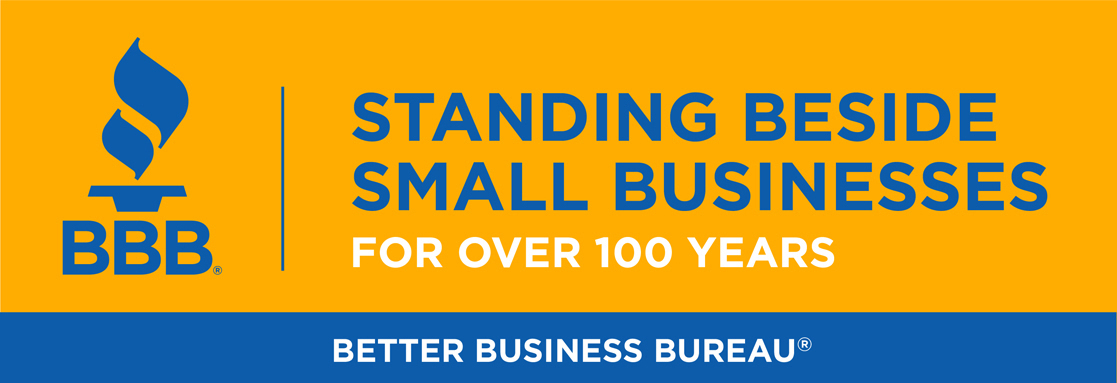The havoc caused by Hurricane Ian may prompt many people to look for ways to help by donating time or money to help their fellow Americans recover. Better Business Bureau (BBB) reminds donors to make sure they’re donating to real nonprofits who are able to deliver aid where it’s needed. Publicity about disasters often is used by scammers to solicit money that never reaches those who need it.
Many agencies are poised to send help where it’s needed, but not all are vetted by local BBBs or the Wise Giving Alliance, BBB’s international charity arm.
BBB offers the following tips to help Americans decide where to direct donations:
• Rely on respected experts to evaluate a charity. Be cautious when relying on third-party recommendations such as bloggers or social media personalities, because they may not have fully researched the listed relief organizations. BBB Charity Reviews are available for more than 11,000 charities, indicating whether a charity complies with BBB’s 20 Standards for Charity Accountability.
• Be wary of claims that 100 percent of donations assist victims. All charities have fundraising and administrative costs. Even a credit card donation will involve, at a minimum, a processing fee.
• Be cautious when giving online to unfamiliar charities. Be wary of spam messages and emails that claim to link to a relief organization. After recent natural disasters, many websites and organizations that were created overnight allegedly to help victims turned out to be scams.
• Find out if the charity has a presence in the impacted areas. Unless the charity already has staff in the affected areas, it may be difficult to get new aid workers into the area to provide assistance. See if the charity’s website clearly describes what they can do to address victims’ needs.
• Find out if the charity is providing direct aid or raising money for other groups. You may want to avoid the middleman and give directly to charities that are working in the region. Check out the ultimate recipients of the donations to ensure that the organizations are equipped to effectively provide aid.
• Gifts of clothing, food or other in-kind donations may not be appropriate. Unless the organization has the staff and infrastructure to distribute such aid, the donations may be more of a burden than a help. Ask the charity about their transportation and distribution plans. Be wary of those who are not experienced in refugee relief.
• Be cautious about crowdfunding. These sites do very little to check out the individuals seeking funds after a disaster, and donors may not be able to verify whether the organization or individual seeking funds is trustworthy.
• Give, but give wisely. Go to BBB.org to get a BBB Charity Review or call 888-996-3887.




Facebook Comments